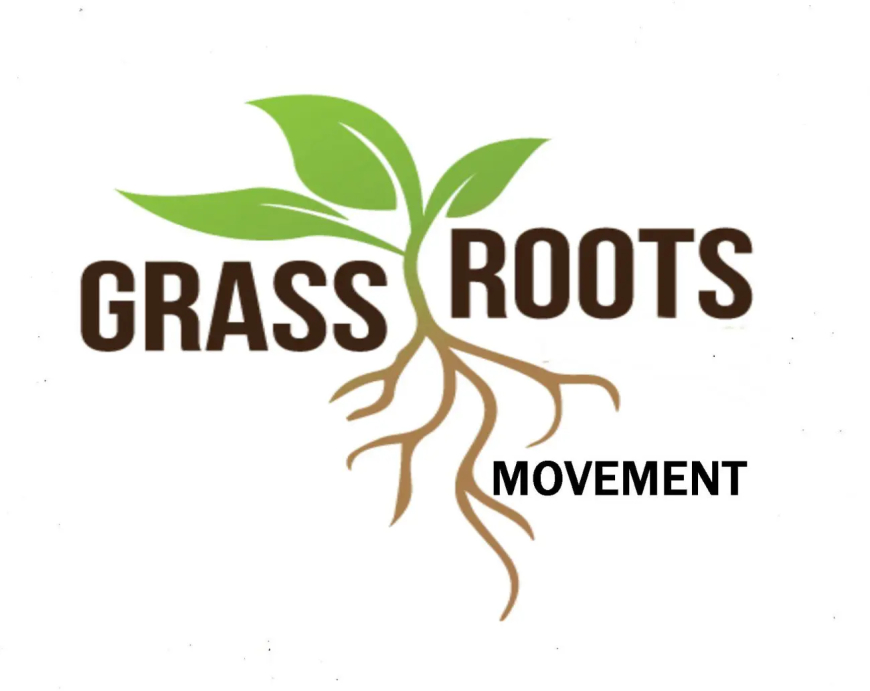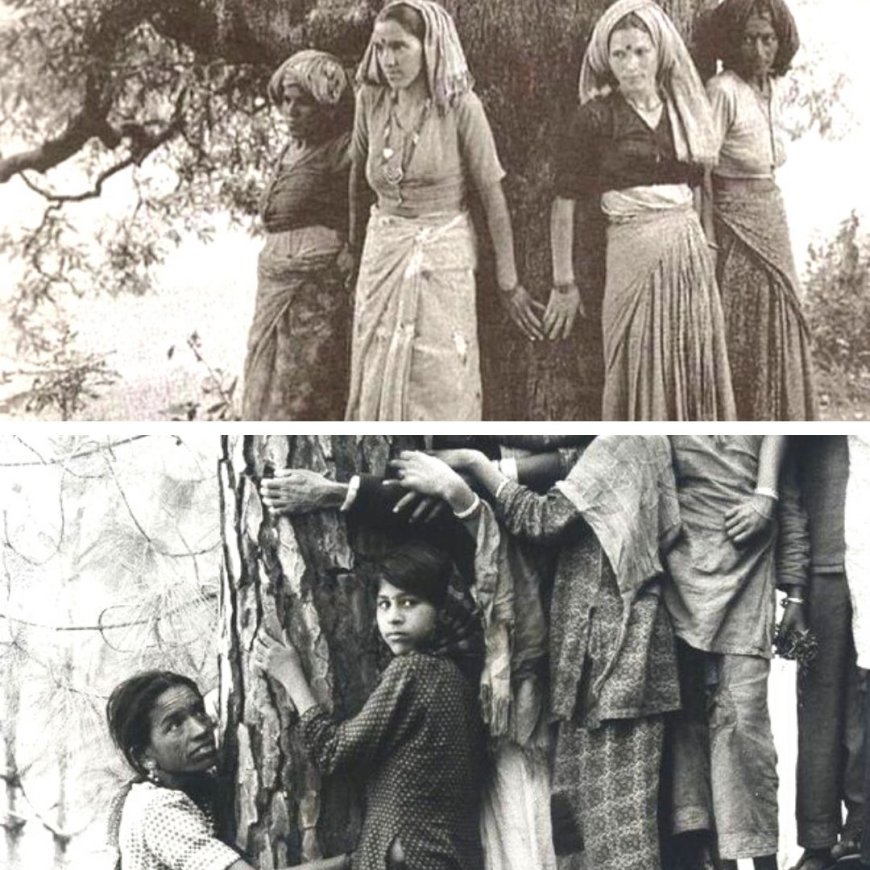Grassroots Movements: Educating and Empowering Communities for Change
This article explores the significance of grassroots movements in advocating for social and political change. It emphasizes their educational role in empowering individuals and communities, fostering awareness, skills, and civic engagement.

In recent years, the global landscape has witnessed a surge in grassroots movements advocating for social and political change. These initiatives are characterized by their grassroots nature—driven by ordinary people at the community level—aiming to address local issues, promote individual freedoms, and advocate for collective rights. This article delves into the definition of grassroots movements, their educational role, and how they empower communities to bring about meaningful change.
What Are Grassroots Movements?

Grassroots movements refer to organized efforts by individuals and small groups at the community level, working together to effect change in their localities. Unlike top-down initiatives driven by governments or large organizations, grassroots movements emerge from the bottom up, focusing on the concerns and needs of ordinary citizens. They often tackle a wide range of issues, including social justice, environmental sustainability, economic equality, and human rights.
The Educational Role of Grassroots Movements

Education is a cornerstone of grassroots movements. By empowering individuals through knowledge and skills, these initiatives can effectively mobilize communities for action. Here are several key ways in which grassroots movements focus on education:
-
Awareness Raising:
- Grassroots movements play a pivotal role in raising awareness about specific social, political, and economic issues. By educating community members about the challenges they face—such as government overreach, discrimination, or environmental degradation—these movements inspire collective action and create a sense of urgency for change.
-
Skill Development:
- Many grassroots organizations offer training programs designed to equip individuals with essential skills for effective advocacy. This includes workshops on public speaking, organizing community events, engaging in social media campaigns, and developing persuasive messaging. Skill development is crucial for empowering individuals to take active roles in their communities.
-
Empowering Citizens:
- Education within grassroots movements empowers citizens by providing them with the knowledge and tools necessary to advocate for their rights and interests. Empowered individuals are more likely to engage in their communities, challenge injustices, and demand accountability from their leaders.
-
Fostering Critical Thinking:
- Educational initiatives promote critical thinking skills among participants, encouraging them to analyze societal issues, question authority, and formulate informed opinions. By cultivating a culture of inquiry and reflection, grassroots movements can enhance the effectiveness of their advocacy efforts.
-
Building Community Solidarity:
- Education often creates opportunities for community members to come together, share experiences, and build solidarity around common goals. This sense of community is essential for collective action, as it fosters trust and cooperation among individuals working toward shared objectives.
-
Promoting Civic Engagement:
- Grassroots movements frequently emphasize the importance of civic engagement and participation in the democratic process. By teaching citizens about their rights and how to navigate political systems, these movements encourage active involvement in local governance and advocacy efforts.
Case Studies of Grassroots Movements
To illustrate the impact of grassroots movements, let's explore a few notable examples:
-
The Chipko Movement (India):

- The Chipko Movement, which began in the 1970s, involved local villagers in the Himalayan region of India advocating for forest conservation. The movement's grassroots approach educated communities about the ecological importance of forests and empowered them to take action against deforestation. Through peaceful protests and direct action, villagers embraced their right to protect their environment.
-
The Black Lives Matter Movement (USA):

- Originating in response to racial injustice and police brutality, the Black Lives Matter movement leverages grassroots activism to educate communities about systemic racism. Through workshops, community forums, and social media campaigns, the movement fosters awareness of racial inequalities and mobilizes citizens to advocate for policy changes.
-
The Women’s March (Global):

- The Women’s March began as a grassroots initiative to advocate for women's rights and social justice. It emphasizes education around issues such as reproductive rights, workplace equality, and gender-based violence. The movement empowers women and allies to organize locally, raising awareness and fostering solidarity for gender equality.
Challenges Faced by Grassroots Movements
Despite their successes, grassroots movements encounter several challenges:
- Limited Resources: Many grassroots organizations operate on tight budgets and rely on volunteers, making it difficult to sustain long-term initiatives.
- Opposition from Established Powers: Grassroots movements may face resistance from government entities or corporations that view them as threats to their interests.
- Social Stigma: Some grassroots initiatives, especially those advocating for controversial issues, may be stigmatized or marginalized in mainstream discourse.
Conclusion
Grassroots movements are a vital force in advocating for social and political change, and education is at the heart of their mission. By empowering individuals through awareness, skill development, and civic engagement, these initiatives foster an informed and active citizenry capable of driving meaningful change in their communities. As we continue to face complex global challenges, the role of grassroots movements in educating and empowering communities will be essential for creating a more just and equitable society.
What's Your Reaction?

















































